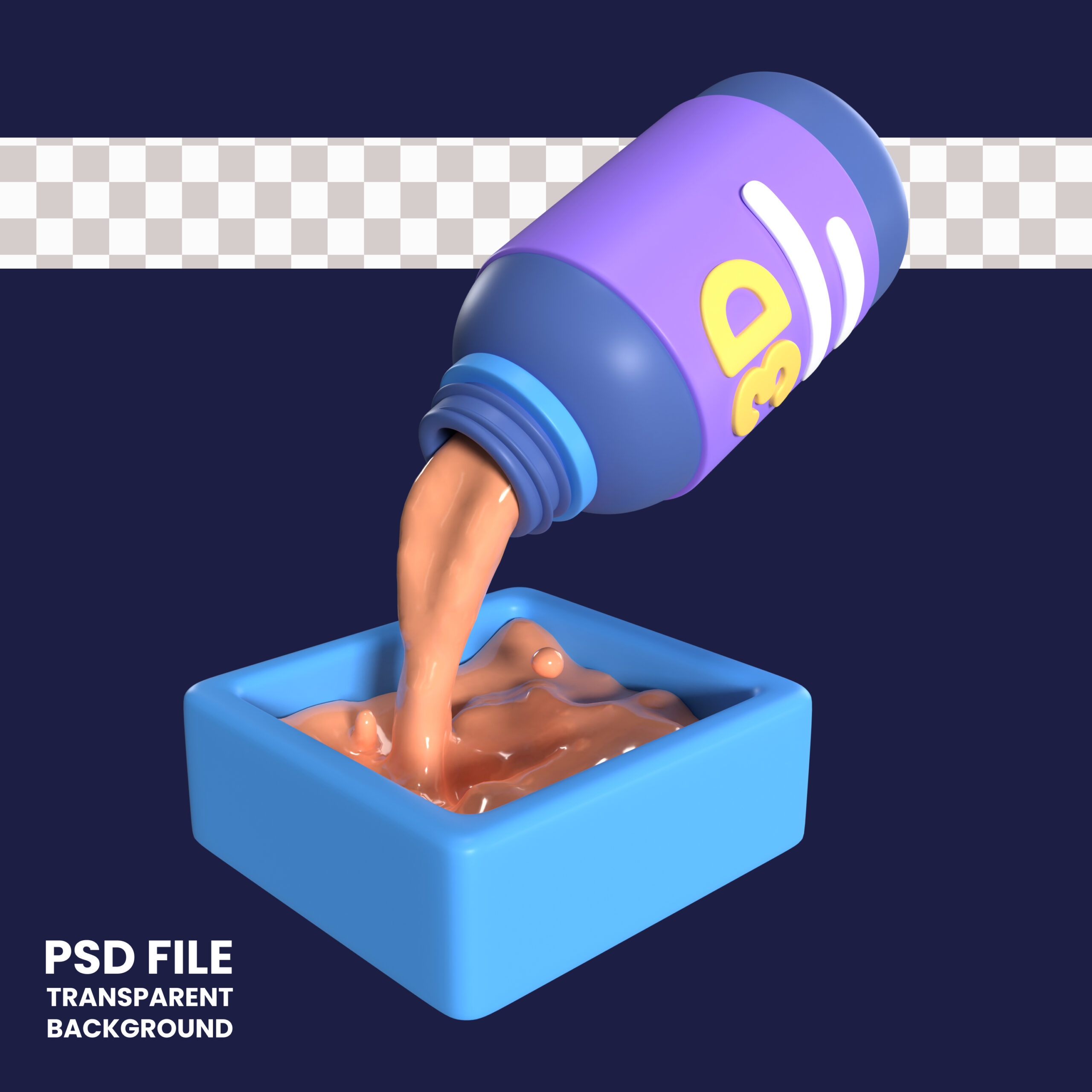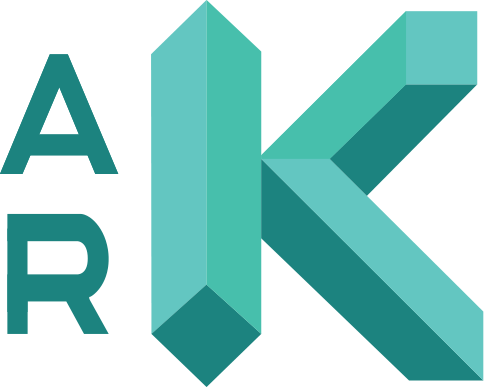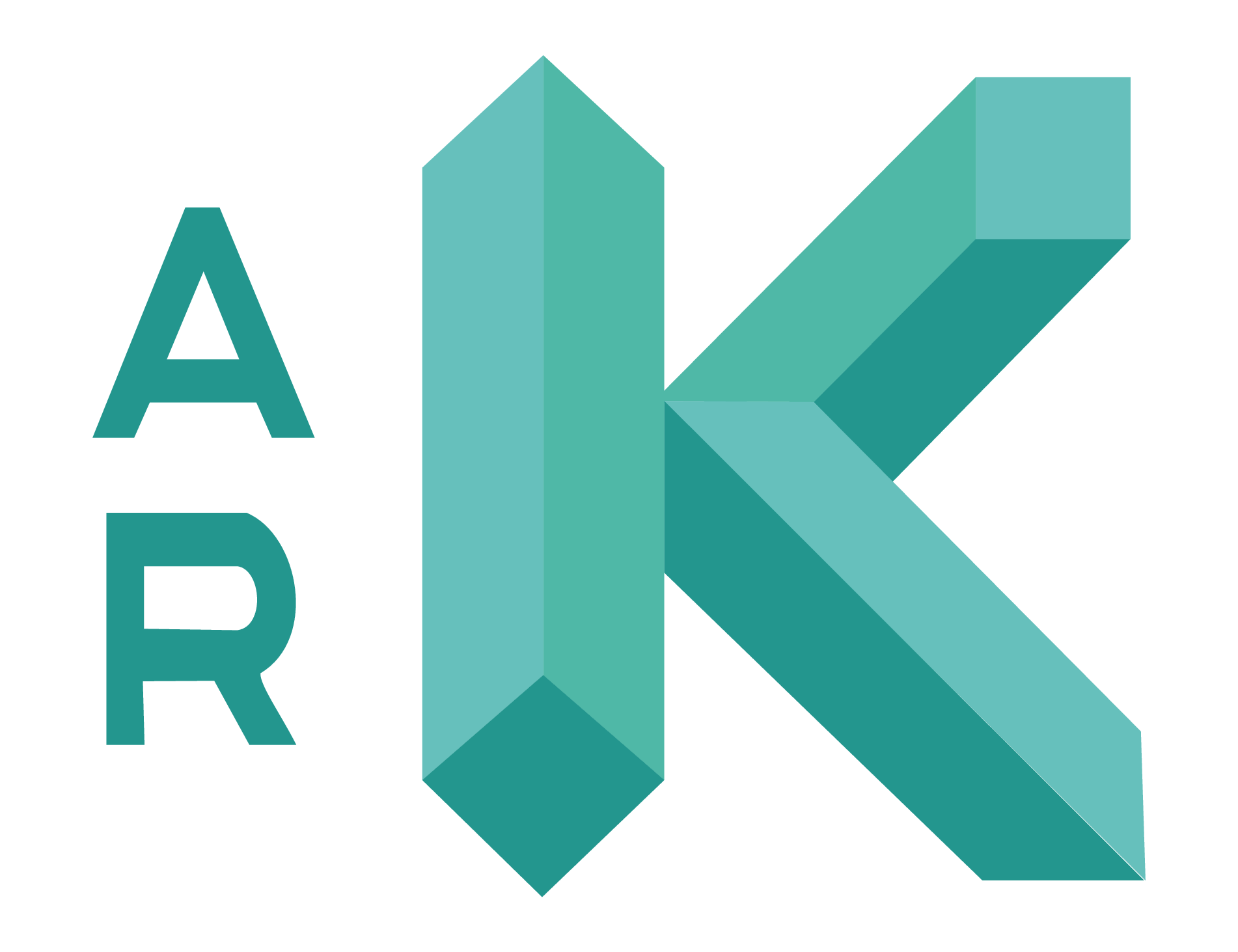
Resin Material Printers
SLA printers, more commonly referred to as resin printers, are almost the opposite of FDM printers. Instead of melting plastic into a liquid, they utilize a UV-reactive liquid resin that hardens under light. Each layer is ‘cured’ using an LED array, emitting light in a specific pattern. Resin printing produces models with more detail as a final result, though working with them is considerably more challenging. These printers are used in several fields including dental medicine, jewelry, and alternative medicine
Materials Used in Resin 3D Printers
Resin 3D printers utilize a variety of specialized materials designed to achieve different properties and finishes in the final print. The most commonly used materials in resin 3D printing include:
Standard Resin: Provides good detail and is suitable for a wide range of applications, making it the go-to choice for general-purpose printing
Tough Resin: Designed to simulate the strength and stiffness of ABS plastic, tough resin is ideal for parts that require higher durability and resistance to stress
Flexible Resin: This material can produce parts with different levels of flexibility and elongation, perfect for objects that need to bend or compress
Castable Resin: Used in jewelry making and dental applications, castable resin burns out cleanly without residue, making it suitable for investment casting
Water-Washable Resin: Unlike standard resins that require alcohol for post-processing, water-washable resins can be cleaned with water, simplifying the cleaning process
Dental Resin: Specially formulated for dental applications, these resins are biocompatible and designed to produce dental models, crowns, bridges, and orthodontic devices
High-Temperature Resin: Ideal for applications that require resistance to high temperatures, this resin maintains its structural integrity under thermal stress
Each of these materials is engineered to meet specific requirements, enabling users to select the best resin type for their particular project needs.

Benefits of Resin 3D Printers
Resin 3D printers, known for their use of Stereolithography (SLA) or Digital Light Processing (DLP) technologies, offer several advantages over traditional 3D printing methods. Key benefits include:
High Precision and Detail
Superior Surface Finish
Wide Range of Materials
Fast Printing Speed
Efficiency for Small Parts
Complex Geometries and Structures
These advantages make resin 3D printers particularly suited for professionals and hobbyists who require high detail and quality in their printed objects, across industries such as dental, jewelry, product design, and more.
Essential Software for Resin 3D Printers
Applications like Autodesk Fusion 360, Blender, and ZBrush are crucial for creating and editing detailed 3D models suitable for resin printing
Essential for converting 3D models into printable files, slicing software like ChiTuBox, Lychee Slicer, and Formlabs PreForm allows users to adjust layer height, add supports, and slice models specifically for resin printers
Efficient support structures are vital for successful resin printing. Some slicing software includes advanced support generation features, but tools like Meshmixer can also be used for manual support customization
To enhance and finalize printed objects, software such as Adobe Photoshop for texture or color correction and MeshLab for mesh editing and repair can be invaluable, especially when preparing models for presentation or functional use


